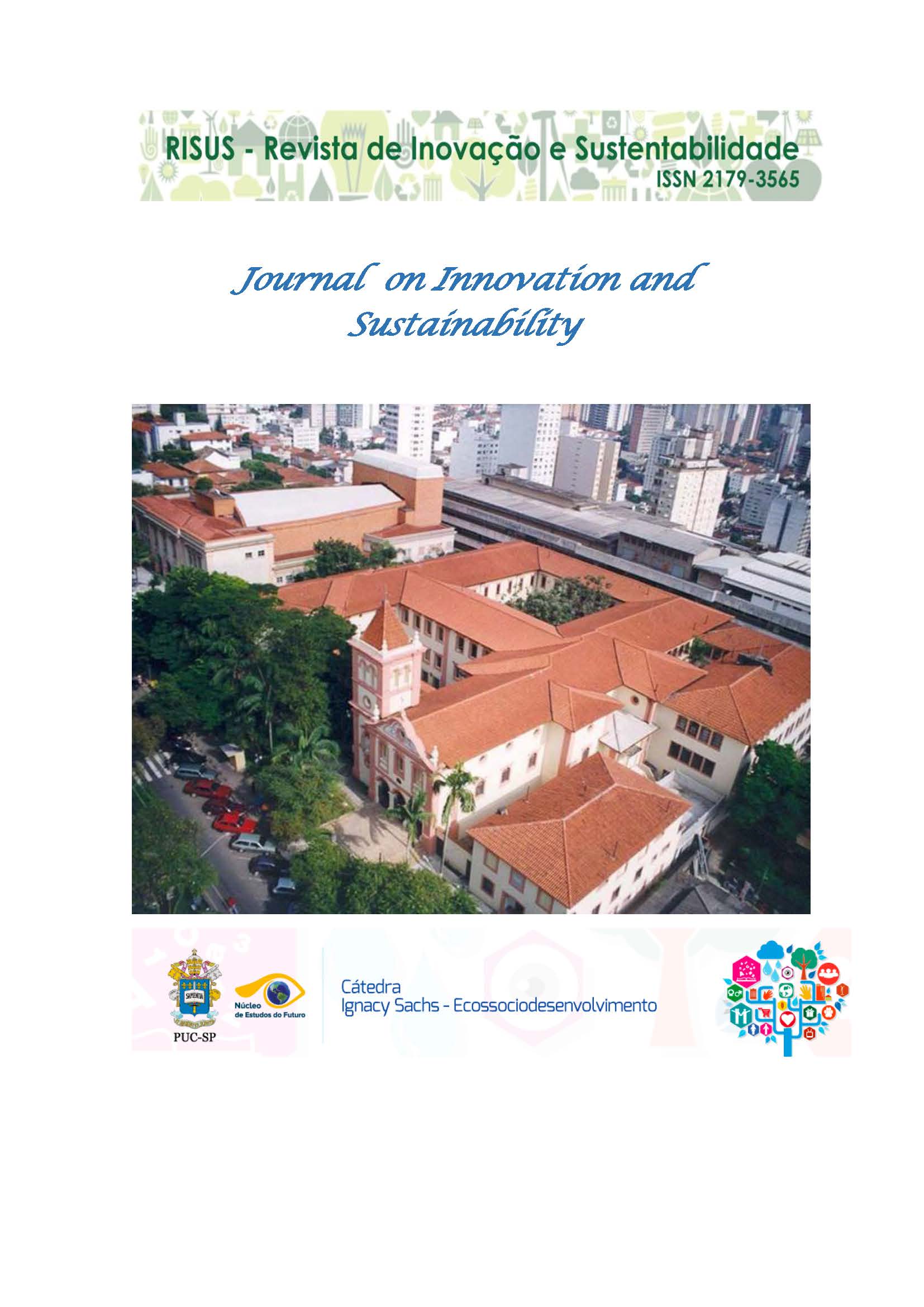Emotional reactions of students and ethical dilemma when working with a neural network
a case of students completing creative tasks
DOI:
https://doi.org/10.23925/2179-3565.2024v15i4p155-163Keywords:
Emotional intelligence, Artificial intelligence, Authorship ethical dilemma, Jouranlis trainingAbstract
The study aims to establish the range of students' emotional responses in interaction with neural networks as part of creative educational tasks. The research is focused on the responses of students solving creative tasks using neural networks and their experience of the ethical dilemma of attributing authorship. The study hypothesis is that the emotional response arising at the first stage of interaction contributes to the assimilation of the experience of cooperation with machine intelligence and the choice of further course of action in attributing authorship. The study was conducted in three stages: determining popular neural networks, discussing the variants of emotional reactions, and conducting a student survey. Empirical research was conducted based on higher journalism schools at Moscow State University (MSU), Saint Petersburg State University (SPSU), and Kazan Federal University (KFU) from October to December of 2023. The respondent sample consisted of 159 students: 89 from KFU, 50 from MSU, and 20 from SPSU. Factor analysis shows that the share of students experiencing ambivalent emotions amounted to 17%, a positive state was described by 34%, and negative emotions were reported by 18% of students. Thus, interaction with a neural network evokes an emotional response in users, which allows them to assimilate the experience of this interaction.
References
Axelrod, R. The Structure of Decision: Cognitive Maps of Political Elites. Princeton: Princeton University Press, 1976.
Bar-On, R. The Bar-On model of emotional-social intelligence (ESI). Psicothema, 18, pp. 13-25, 2006.
Barrat, J. Poslednee izobretenie chelovechestva: Iskusstvennyi intellekt i konets ery Homo sapiens [Our Final Invention: Artificial Intelligence and the End of the Human Era]. Moscow: Alpina non-fiction, 2019.
Bisquerra-Alzina, R. Psicopedagogía de las emociones. Madrid: Editorial Síntesis, 2009.
Castillo, R., Salguero, J. M., Fernández, P., Balluerka, N. Effects of an emotional intelligence intervention on aggression and empathy among adolescents. Journal Adolesc., 36, pp. 883-892, 2013. https://doi.org/10.1016/j.adolescence.2013.07.001
Crossley, M.L. Narrativnaia psikhologiia. Samost, psikhologicheskaia travma i konstruirovanie smyslov [Introducing narrative psychology: Self, trauma and the construction of meaning]. Kharkiv: "Humanitarian Center", 2020.
Goleman, D. Emotsionalnyi intellekt. Pochemu on mozhet znachit bolshe, chem IQ [Emotional Intelligence: Why It Can Matter More Than IQ]. Moscow: MIF, 2024.
Ilin, E.P. Emotsii i chuvstva [Emotions and feelings]. St. Petersburg: Piter, 2017.
Izard, C.E. The Psychology of Emotions. New York: Plenum, 1991.
Limon, D., Plaster, B. Can AI Teach Us How to Become More Emotionally Intelligent? Harvard Business Review, 2022. Retrieved from: https://hbr.org/2022/01/can-ai-teach-us-how-to-become-more-emotionally-intelligent
Liusin, D.V. Sovremennye predstavleniia ob emotsionalnom intellekte [Current views on emotional intelligence], In: Sotsialnyi intellekt: Teoriia, izmerenie, issledovaniia. Moscow: Institute of Psychology, Russian Academy of Sciences, 2004.
Mayer, J., Salovey, P., Caruso, D. Emotional Intelligence: Theory, findings and implication. Psychological Inquiry, 15(3), pp. 197-215, 2004.
Mori, M. Bukimi no tani [the uncanny valley]. Energy, 7(4), pp. 33-35, 1970.
Pavlova, E.M. Emotsionalnyi intellekt: ot ierarkhicheskikh modelei k predstavleniiu o edinoi kognitivnoi sposobnosti [Emotional intelligence: from hierarchic models to the notion of a single cognitive ability]. Psychological Studies: electronic scientific journal, 7(37), 2014. Retrieved from: http://psystudy.ru/index.php/num/2014v7n37/1038-pavlova37.html
Rodionova, E.V., Koniukhova, T.V., Lukianova, N.A., Koniukhova, E.T. Emotsionalnyi intellekt studentov tsifrovogo pokoleniia: opyt inzhenernogo vuza [Emotional intelligence of digital generation students: experience of engineering university]. Education and Self Development, 17(4), pp. 126-138, 2022. https://doi.org/10.26907/esd.17.4.10
Sandomirskii, M.E. Pokolenie Z: te, kto budet posle [Generation Z: those who will come after], In: Blog about small group social psychology, behavioral economics, manipulation, and disruptive behavior. "Sotsialnaia psikhologiia v deistvii" ["Social psychology in action!"], 2001. Retrieved from: http://www.felicidad.ru/2011/07/z.html
Shukla, A., Agnihotri, A. Exploring the Impact of Artificial Intelligence on Emotional Intelligence and Job Performance: A Study of Employees in The Service Sector. Seybold Report, 18(3), p. 1691, 2023. https://doi.org/10.17605/OSF.IO/XCRFJ
Zuckerman, M. Sensation Seeking: Beyond the Optimal Level of Arousal. New York: L. Erlbaum Associates, 1979.

Downloads
Published
Issue
Section
License
This Journal is licensed under a Creative Commons Attribution-Non Commercial-No Derivers 4.0 International license.
1.The author (s) authorize the publication of the article in the journal;
2.The author (s) warrant that the contribution is original and unpublished and is not in the process of being evaluated in other journal (s);
3. The journal is not responsible for the opinions, ideas and concepts emitted in the texts, as they are the sole responsibility of its author (s);
4. The editors are entitled to make textual adjustments and to adapt the articles to the standards of publication.

